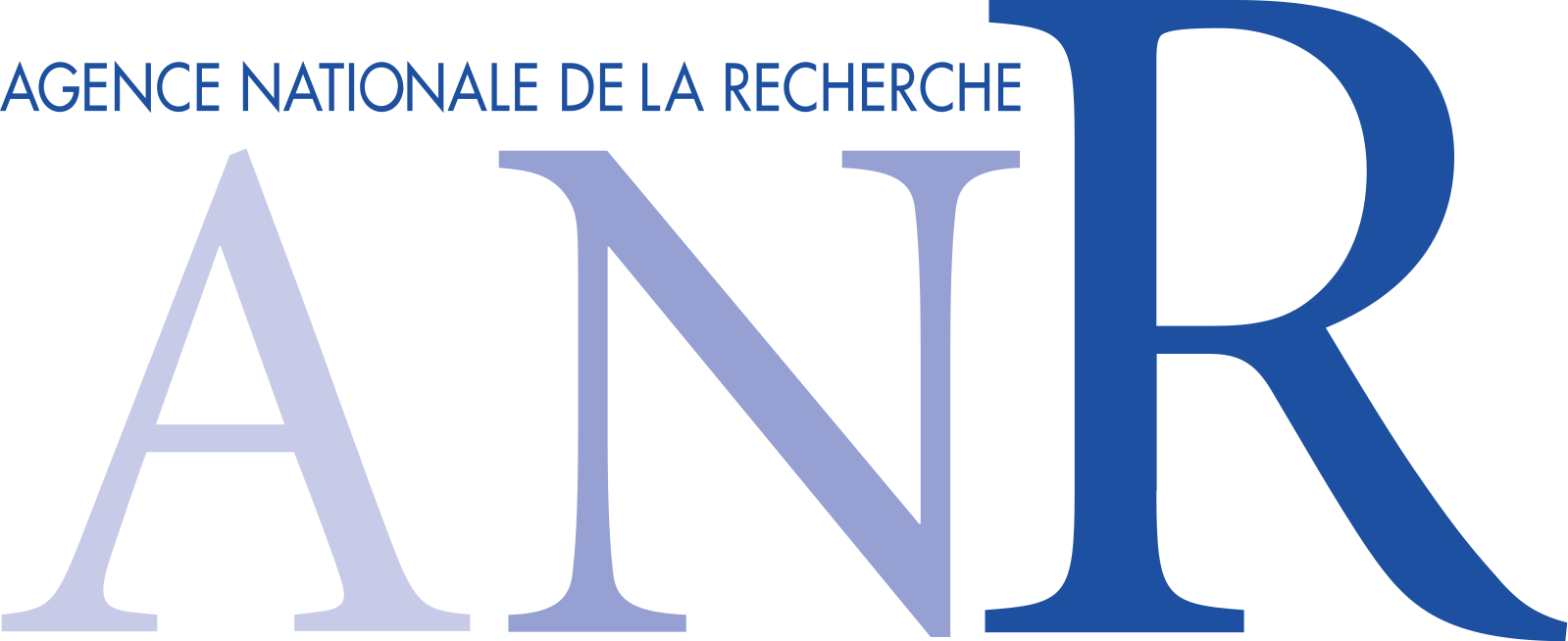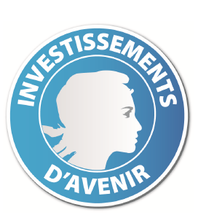FRENCH NATIONAL RESEARCH AGENCY (ANR)
To support the development of research on longevity and ageing using a multidisciplinary approach based on the humanities and social sciences, ILVV has initiated a dialogue with the ANR, focusing on two main areas: making the ILVV directory available to identify experts who can be appointed to evaluation bodies, and disseminating calls for projects on longevity and ageing to those registered in the ILVV database.
ANR Website : Click here
Joint Programming Action : More Years Better Lives
The "More Years, Better Lives" Joint Programming Initiative (JPI MYBL) aims to coordinate national and international research programmes relating to the changes associated with demographic ageing..
In France, the Directorate General for Research and Innovation and the ANR (which organises the calls for projects) have set up a "Mirror Group" of the MYBL JPI to ensure that the French research strategy is represented in the administrative bodies. ILVV has been invited to take part in this group to provide an interface with the research teams.
In this context, ILVV and ANR colleagues worked on relaying information provided by the ANR on the timetable and themes of calls for proposals and "fast-track" operations (aimed at the state of art of a research question). ILVV supported the mirror group by mobilising colleagues to proofread call prefiguration documents. ILVV launched a call for applications to sit on the scientific bodies of the MYBL JPI. This collaboration led to the participation of a colleague in the "Ageing and technology" Fast Track consortium, as well as on the Scientific Advisory Board.
Demographic change is one of the most determining megatrends all over the world and has an exceptional impact on Europe: rising life expectancy on the one hand and falling birth rates on the other have led to a clear shift in the population’s age structure. The perspective of each country as a political, economic and social entity will be affected by this transition. It will affect healthcare and long-term care organisation, our social and welfare systems, the way we work and learn in the future and it will shape our infrastructures, our cities and transport systems. It will also provide for an accumulated wealth of experiences and social skills gained over lifetime.
In the Joint Programming Initiative More Years, Better Lives (JPI MYBL), 17 countries from within and outside of Europe are working on a programmed approach to enhance coordination and collaboration between national and international research programmes related to demographic change. Areas affected by demographic change cover a wide range of research fields and policy topics ranging from health to social welfare, education & learning, work & productivity to housing, urban & rural development and mobility. The JPI MYBL therefore follows a transnational, multi-disciplinary approach bringing together different research programmes and researchers from various disciplines in order to provide solutions for the upcoming challenges and make use of the potential of societal change in Europe and beyond.
PRIORITY RESEARCH PROGRAMME (PPR) AUTONOMY
The priority research programmes are part of the future investment programme (PIA). The government has asked the CNRS to lead a programme on autonomy (disability / ageing-related capacity loss), with funding of €30 millions. This ambitious project, led by the CNRS in conjunction with other major organisations and in partnership with the ANR, will run from 2021 to 2026.
The Director of the ILVV, the Deputy Director and the former Deputy Director (now an advisor) are members of the Scientific Advisory Board of the PPR on Autonomy, which brings together 16 leading figures from a variety of disciplines and from the management of institutes and research bodies working in the field of "independent living" of people with (ageing-related) functional loss and disability. The Scientific Council identifies the challenges and priority actions and defines the types of support to be provided for the development of research in this field. This PPR is based on and will reinforce the missions and actions of existing structures, in particular those of ILVV.
This new PPR on Autonomy (ageing-related functional loss, disability), with funding of €30 million, is being led by CNRS in conjunction with other major organisations and in partnership with the ANR, and will run from 2021 to 2026.
PPR Autonomy is steered by a 16-member interdisciplinary scientific advisory board chaired by Cécile Bourreau-Dubois, assisted by Lydia Fenner, research engineer. Created on 1 September 2020, the multi-disciplinary Scientific Advisory Board brings together leading figures from major French research bodies, the scientific departments of research organisations and the scientific departments of research institutes.
The PPR is also monitored by a programme committee made up of representatives of stakeholders in the field of autonomy, major research institutions and international experts.
The Scientific Advisory Board has formulated a number of priorities for the PPR. The first is to design scientific developments with and for the populations concerned, which implies taking into account the heterogeneity of the populations in terms of age, generations, health situations, environments and resources, as well as designing a strengthened and sustainable scientific leadership. The second is to mobilise the resources of the PPR to strengthen the structures and infrastructures for research in the field of autonomy, starting with the question of data. New data is needed, but a large amount of relevant data is available from a wide variety of sources, including quantitative and qualitative data, cohort data and administrative data. After assessing the current situation, the Scientific Advisory Board would like to bring together researchers and specialists in official statistics to define a 'global strategy', taking into account the identification of the difficulties and needs of the community in terms of producing, accessing and processing relevant data.
Autonomy/Independent living is a concept used in many sectors and disciplines. It is often considered in conjunction with other concepts such as 'care', 'frailty', 'dependence' or 'vulnerability'. The notion of autonomy refers to the ability to act, to make choices for oneself, or to the idea of self-determination. Promoting and maintaining autonomy depends fundamentally on people's environment, and in particular on their social ties. While this PPR is primarily concerned with the challenges posed by advancing age and disability, its ambition is broader, because autonomy concerns everyone at some stage in the life cycle, even if it attracts most attention when it is impaired or lost.
The aim of this programme is to mobilise all disciplinary sectors and the knowledge, devices and tools that exist to help people live independently. The aim is to help strengthen research structures and infrastructures in all areas related to autonomy and to identify some of the main challenges for action. The aim is also to design scientific developments with and for the people concerned.
The ambition to structure and strengthen research in this area requires the definition of an overall strategy to assemble, coordinate and make accessible a large quantity of relevant data, as well as a strategy for promoting and stimulating scientific activity to link together research sectors that are still very compartmentalised.
The Autonomy PPR will be implemented using three main instruments or types of investment: investment in support infrastructure for data coordination and scientific leadership; calls for projects and calls for expressions of interest, in conjunction with the ANR.
Throughout the PPR, the Scientific Advisory Board will draw on external advice and opinions by calling on stakeholders in the field of autonomy and consulting foreign experts with comparable research programmes in their respective countries.


